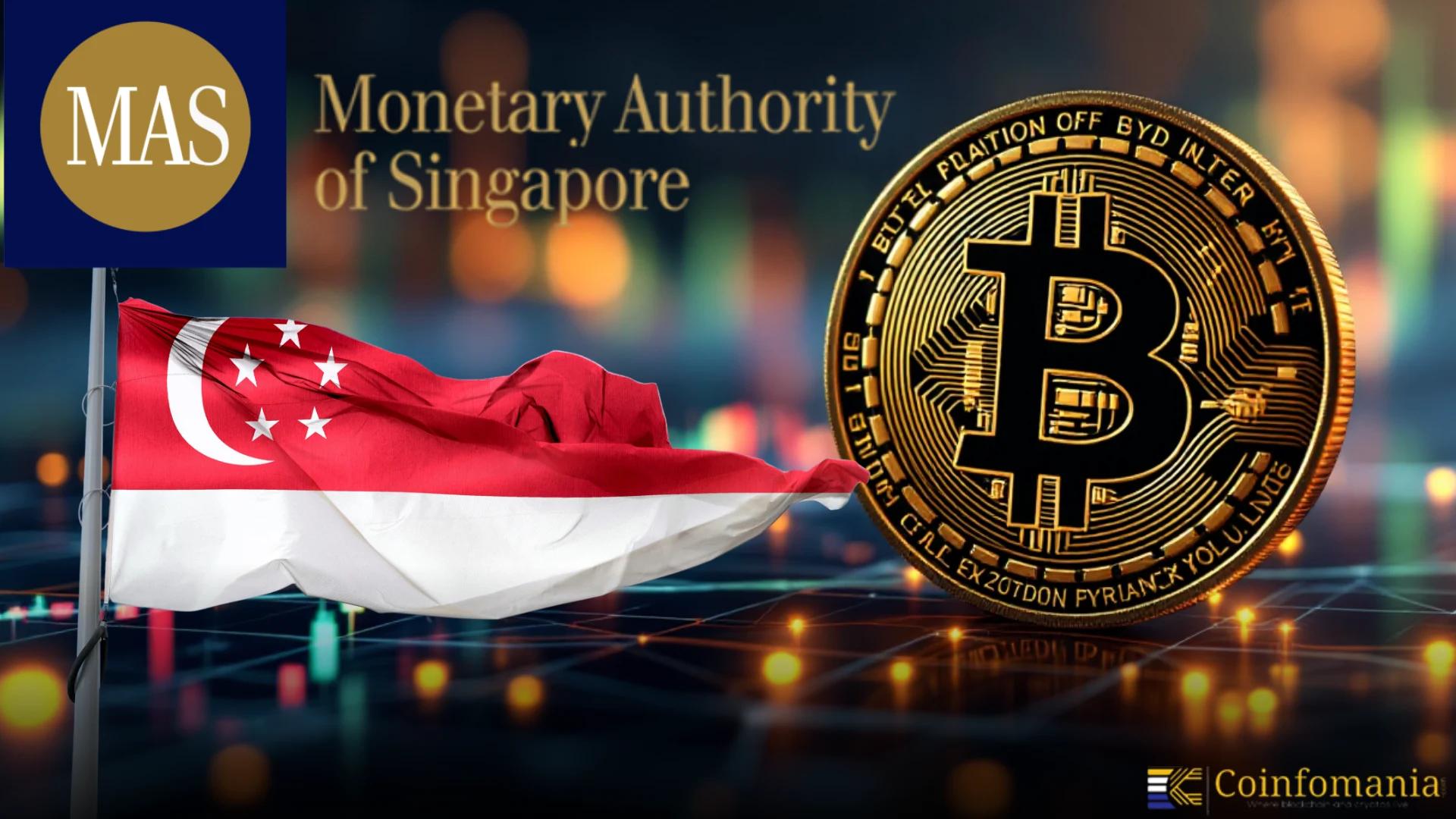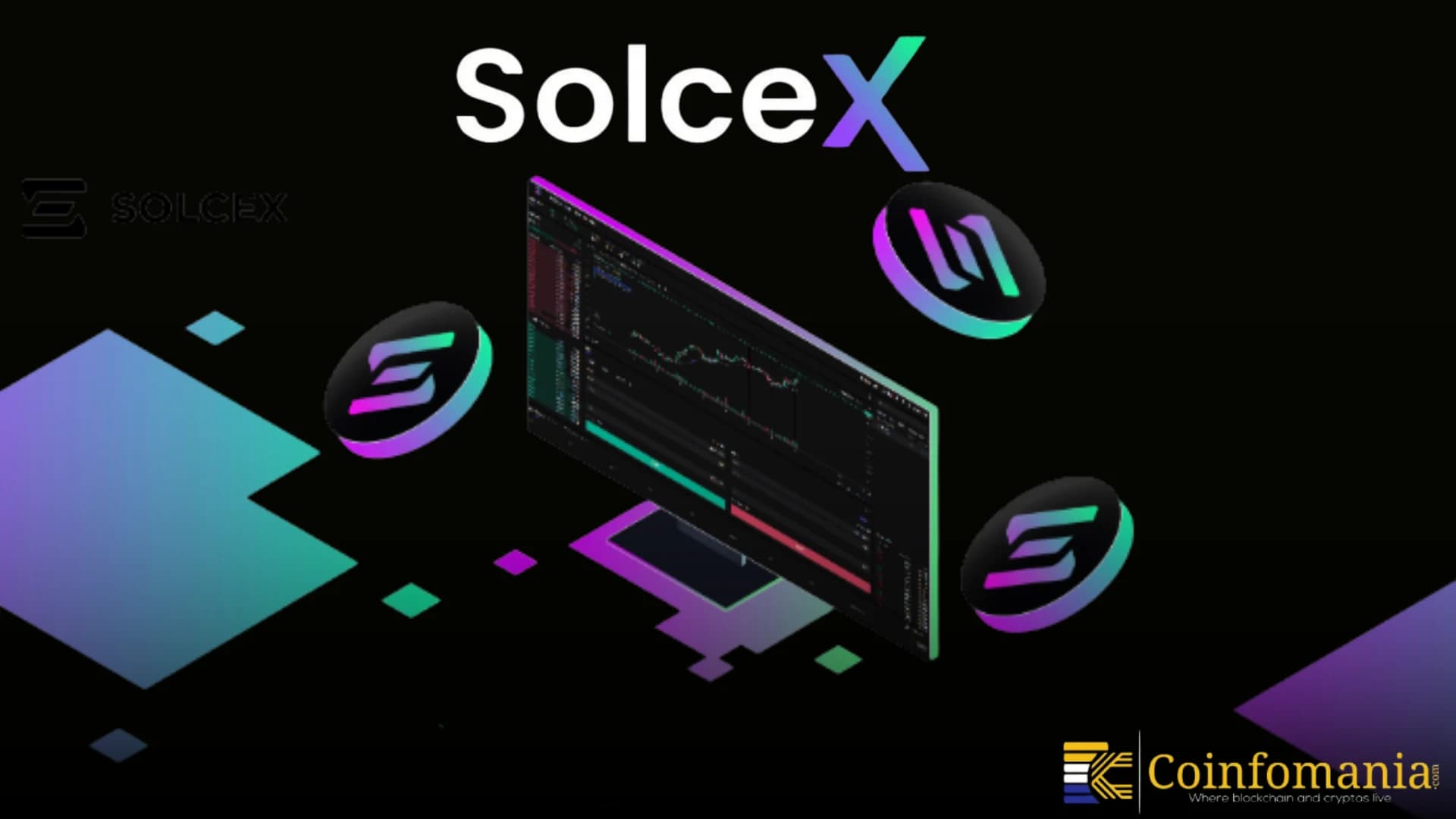Singapore MAS Postpones Basel Crypto Banking Rules to 2027
Monetary Authority of Singapore delays the start of new Basel crypto banking capital rules for local banks from January 2026 to January 2027.

Quick Take
Summary is AI generated, newsroom reviewed.
Singapore's MAS postponed the implementation of the new Basel crypto capital standards by one year.
The original start date of January 1, 2026, is now pushed back to January 1, 2027, or potentially later.
The delay gives local banks more time to align frameworks and enhance risk management systems.
Banks with crypto exposure must continue engaging MAS on appropriate prudential treatment in the interim.
Singapore central bank, the Monetary Authority of Singapore (MAS). It has decided to delay the implementation of new crypto banking capital rules by one year. Originally scheduled to take effect on January 1, 2026. The new timeline now sets the start date for January 1, 2027 or possibly later. The decision comes as regulators continue to evaluate the impact of crypto asset risks on the broader financial system.
The update was announced through a consultation summary released on October 9. According to the document, MAS aims to provide local banks and financial institutions with more time to align their internal frameworks. With the Basel Committee on Banking Supervision’s (BCBS) global standards for crypto asset exposures.
Why the Delay Matters
The Basel Committee’s framework, titled “Prudential Treatment of Cryptoasset Exposures”, was introduced in late 2022. After a series of high-profile collapses in the crypto sector. It set out strict capital requirements for banks holding digital assets. Essentially, it mandates that financial institutions must hold a specific amount of regulatory capital to back their crypto exposures. Similar to traditional banking assets.
While many jurisdictions have begun moving toward compliance. Singapore has opted for a cautious approach. The delay suggests MAS wants to ensure financial stability and risk readiness before enforcing the standards. According to the consultation summary, banks with existing or planned crypto asset exposure must continue to engage with MAS. They are required to discuss appropriate prudential treatment for their holdings until the new regulations officially take effect.
This measured stance reflects Singapore’s commitment to maintaining a strong, transparent financial system while supporting innovation. MAS has long positioned the country as a hub for responsible fintech and digital asset development. It balances regulatory clarity with flexibility for market participants.
Regional Context and Comparisons
Singapore move comes as Hong Kong and other regional financial centers advance. With their own Basel based frameworks. The Hong Kong banking regulator has already begun implementing similar capital requirements for crypto assets. This signals a more aggressive adoption timeline. But the MAS decision doesn’t indicate hesitation. It reflects precision. Singapore regulators have consistently emphasized the need for robust safeguards and thorough testing before full scale deployment.
This approach has helped the nation maintain its reputation. As one of the world’s most trusted financial jurisdictions, even amid volatile crypto cycles. The extra year will also give local banks more time to enhance risk management systems. It improves data collection processes and refines valuation models for crypto asset exposures. Given the rapid evolution of blockchain based financial products. MAS appears keen to ensure banks don’t rush into compliance without the proper infrastructure in place.
Preparing for the Next Phase
MAS consultation summary reinforces that the Basel crypto asset standards remain a priority. The authority emphasized that once implemented. The rules will help create a consistent, risk sensitive framework for how banks handle digital assets. Until then, MAS will continue monitoring developments in the crypto market and the global regulatory environment.
The central bank is also expected to issue further guidance to support banks’ transition ahead of the 2027 rollout. By taking this step, Singapore signals its intent to stay aligned with global banking standards. While maintaining financial resilience. The delay might push the timeline. But it ensures that when the rules do arrive, the country’s financial system will be ready to manage crypto asset risks with confidence and precision.
Follow us on Google News
Get the latest crypto insights and updates.


